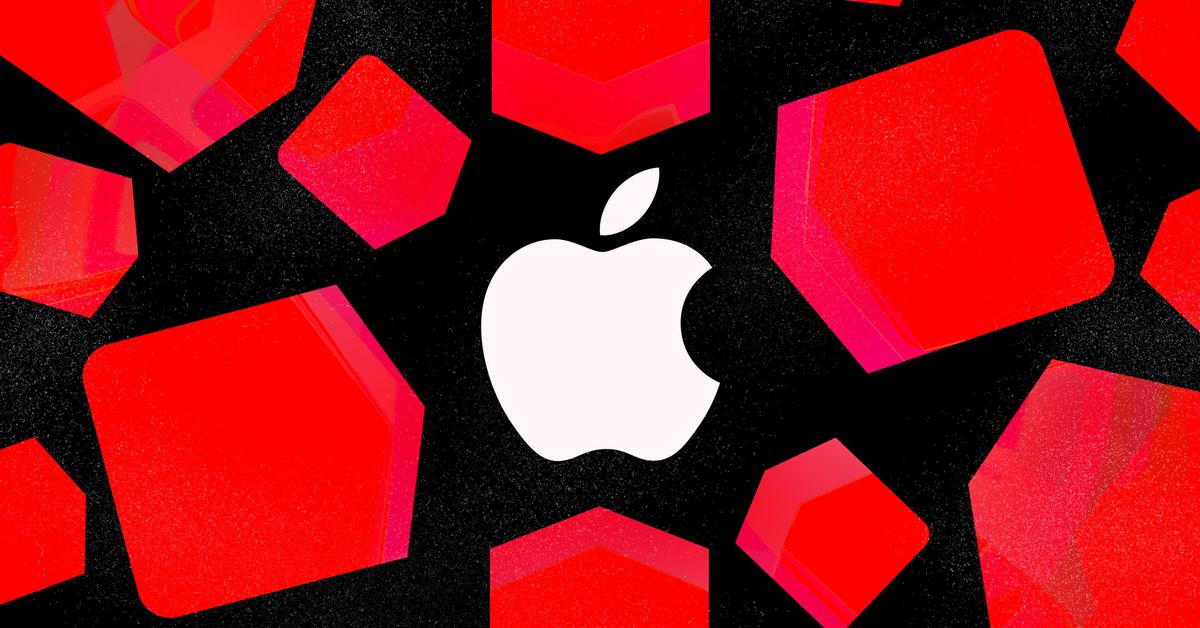Supreme Court rejects Epic v. Apple antitrust case::The Supreme Court has rejected petitions by Epic and Apple to reconsider a ruling on Fortnite’s iOS ban and potential changes to the App Store.
That’s disappointing. Anti-trust laws need way more enforcement
I didn’t know the courts enforced laws.
Edit: because no one apparently knows how the government works
Legislative—Makes laws (Congress, comprised of the House of Representatives and Senate) Executive—Carries out laws (president, vice president, Cabinet, most federal agencies) Judicial—Evaluates laws (Supreme Court and other courts).Judicial determines whether a law is constitutional. Executive carries out the law, or in other words enforces them.
Should we tell 'em?
Please do
Since this is the Internet and this sarcasm doesn’t exist, the serious answer is that the court systems (ideally) do nothing but enforce laws. That is their job, they should be the primary organization doing that job, alongside the police sometimes, and they don’t have any job aside from that.
Legislative—Makes laws (Congress, comprised of the House of Representatives and Senate) Executive—Carries out laws (president, vice president, Cabinet, most federal agencies) Judicial—Evaluates laws (Supreme Court and other courts).The judicial determines whether a law is constitutional. Executive carries out laws, i.e. enforces them.
Quoting whitehouse.gov: “federal courts enjoy the sole power to interpret the law, determine the constitutionality of the law, and apply it to individual cases.” The executive branch contains the police as well as the various other departments that investigate potential crimes and bring actions in court against those that commit said crimes.
And of those two things the one with the police isn’t the one that enforces? I also see interpret, determine constitutionality, and applying as what the courts do according to what you just said. None of which is enforcement.
Please tell me you don’t vote
I do and it seems like it’s a good thing too!
The corrupt supreme court capitulates to the billionaires who have bought them. Shocking
deleted by creator
That’s the end of that then, huh? Apple wins?
Not while Tim Sweeney lives and breathes. That little rat dude basks in hatred for Apple
There’s still a good chance of a DOJ antitrust case against Apple coming that seeks allowing alternative app stores (and Apple’s way of complying with the part of this case that went against them makes it even more likely, I think). But Epic’s case is done, yes, unless they want to challenge Apple’s compliance with the ruling.
Well the EU is forcing them to do it, I believe
Forcing them to do what?
Well that’s nice for Europe.
Epic may suck, but sideloading should be a customer right.
This is the best summary I could come up with:
The Supreme Court has denied a request to hear an antitrust dispute between Apple and Fortnite publisher Epic Games.
Judge Yvonne Gonzalez Rogers rejected most of Apple’s claims and the Ninth Circuit Court of Appeals largely affirmed the decision.
But the company spent years delaying parts of the change with legal appeals, winning a reprieve while the Supreme Court considered the case.
Today’s denial seemingly runs out that clock, requiring Apple to reconsider the future of its anti-steering rules.
Apple may also face more pressure to open up iOS in Europe; it’s currently fighting attempts to regulate the App Store under the EU’s Digital Markets Act, which goes into effect on March 7th.
In a thread of social media posts, Epic CEO Tim Sweeney said that “the court battle to open iOS to competing stores and payments is lost in the United States,” dubbing it “a sad outcome for all developers.” But he celebrated the end of anti-steering rules, urging developers to “begin exercising their court-established right to tell US customers about better prices on the web.” Apple did not immediately respond to requests for comment on the Supreme Court’s decision.
The original article contains 394 words, the summary contains 191 words. Saved 52%. I’m a bot and I’m open source!





